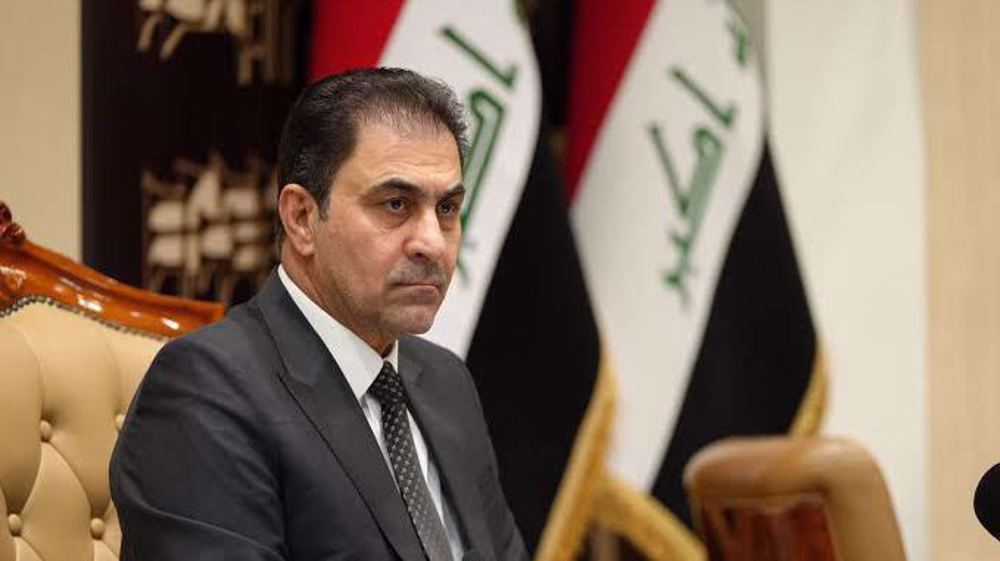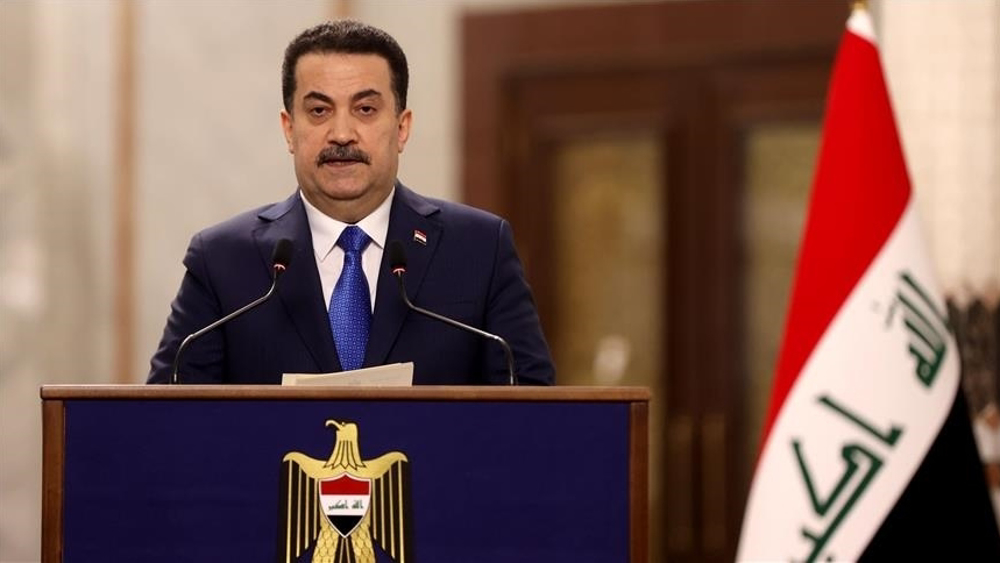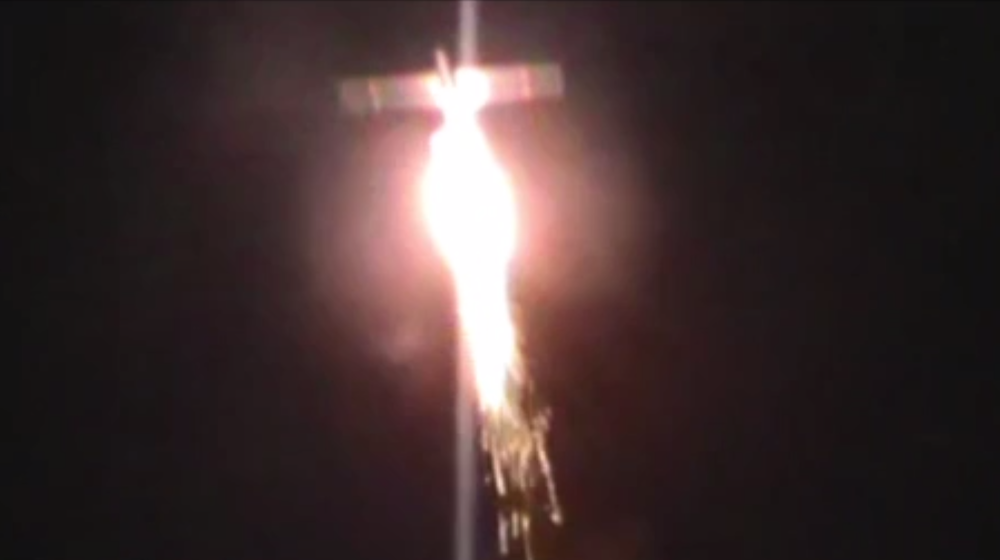UNESCO, ISESCO condemn ISIL demolition of Iraq’s Hatra
The United Nations Educational, Scientific and Cultural Organization (UNESCO) and the Islamic Educational, Scientific and Cultural Organization (ISESCO) have denounced the demolition of Iraq’s ancient city of Hatra by ISIL Takfiri terrorists.
"This is a direct attack against the history of Islamic Arab cities, and it confirms the role of destruction of heritage in the propaganda of extremist groups," said UNESCO Director General Irina Bokova and ISESCO Director General Abdulaziz Othman Altwaijri in a joint statement on Saturday.
According to Iraqi officials and residents, the ISIL terrorists carried out two explosions at the site of Hatra earlier in the day and then began bulldozing the 2,000-year-old city, which is located about 110 kilometers (70 miles) southwest of the militant-held city of Mosul.
"The destruction of Hatra marks a turning point in the appalling strategy of cultural cleansing underway in Iraq," the statement added.

The officials also expressed their preparedness to “respond to this emergency and stand ready to assist the Iraqi authorities in any possible way.”
In a statement posted on Facebook, the Iraqi Ministry of Tourism and Antiquities confirmed the attack, saying, “The slow support of the international community to Iraq has encouraged terrorists to commit another crime of damaging and stealing antiquities in Hatra.”
The destruction came two days after the ISIL “bulldozed” the ancient Assyrian city of Nimrud, south of Mosul. UNESCO denounced the attack as “cultural cleansing” and said “the deliberate destruction of cultural heritage constitutes a war crime.”
On February 26, the ISIL terror group released footage showing its members smashing statues and carvings at a museum in Mosul, which houses invaluable Assyrian and Hellenistic artifacts dating back 3,000 years.

The terrorists justify the devastation by saying that the statues are idolatrous, but experts believe they traffic antiquities to earn financial resources required to continue their acts of terror, and destroy just those pieces that cannot be smuggled due to their size.
The ISIL terrorists have already razed to the ground a number of mosques in Iraq and neighboring Syria, many of them dating back to the early years of the Islamic civilization. The terrorists have also destroyed tombs belonging to revered Shia and Sunni figures.
The extremists, who have persecuted minorities and people of various faiths, are also targeting artifacts and museums.
Officials in Mosul said in early February that the ISIL had burnt a precious collection of historic books and manuscripts in the Ninawa museum. Tens of thousands of priceless documents, some of them registered with UNESCO, were engulfed and destroyed in flames.
MSM/NT/AS
VIDEO | ICC's arrest warrant for Netanyahu to worry Western politicians: Former British diplomat
Iranians protest against Israel after Netanyahu ICC warrant
Germany undecided on complying with ICC arrest warrants for Israeli war criminals
VIDEO | Former FBI agent criticizes US Congress for 'outright corruption'
IRGC chief urges Muslim countries to cut aid routes to Israel
'New chapter in cooperation': Iran, Venezuela sign new MoUs
Jordan sentences former lawmaker for supporting Palestinian resistance
Basij volunteer forces hold massive drills in southwestern Iran










 This makes it easy to access the Press TV website
This makes it easy to access the Press TV website